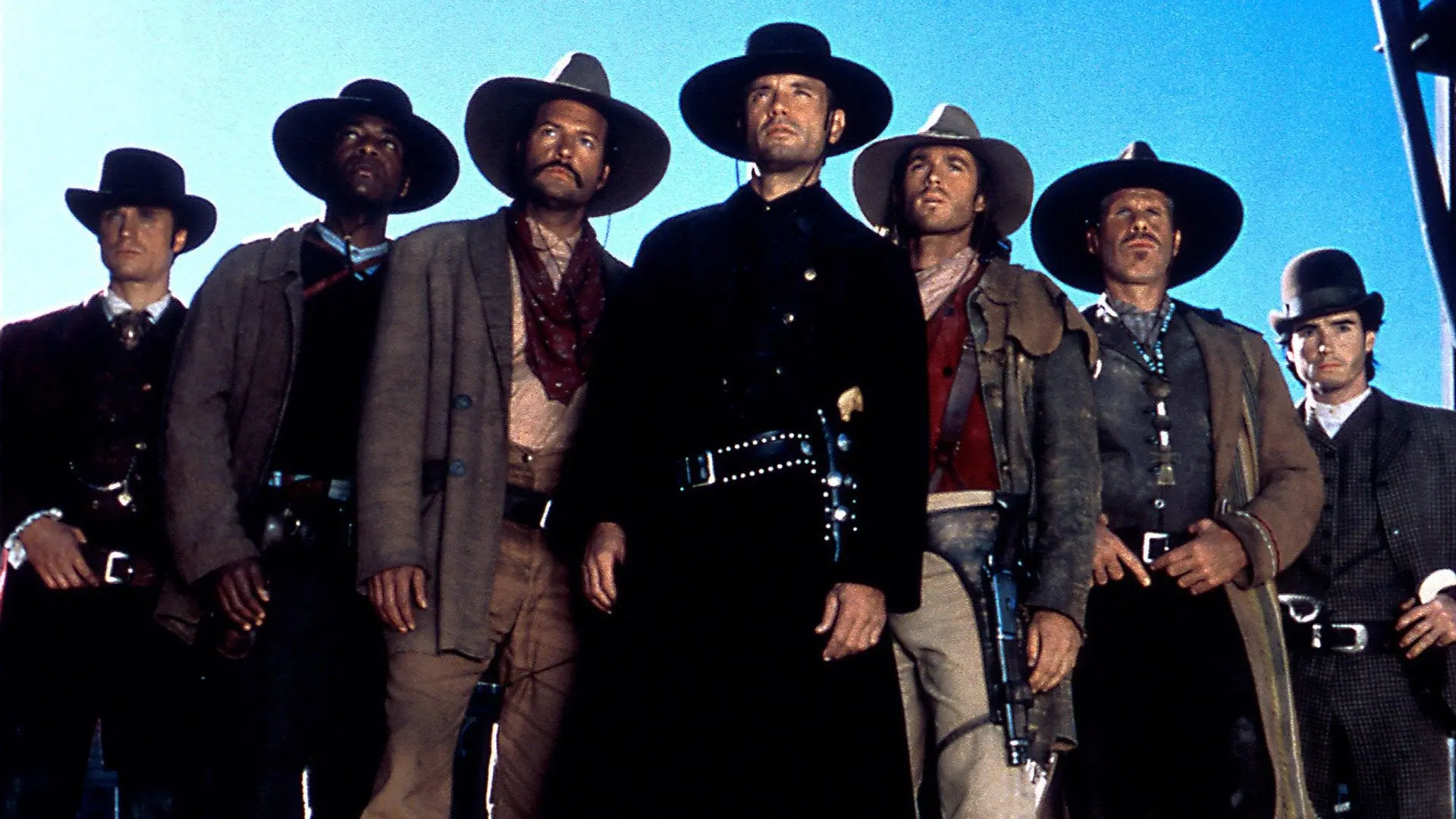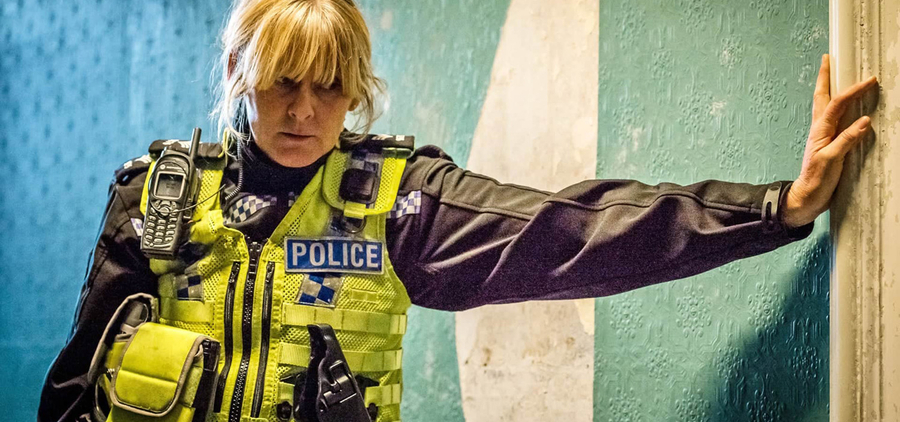
This blog considers the psychological conundrum of ageing within the academic workplace, offering an autoethnographic approach, reflecting upon passing moments from film and TV, that are both treasured, and engrained in the author’s psyche. “Drive Louise! Drive!








